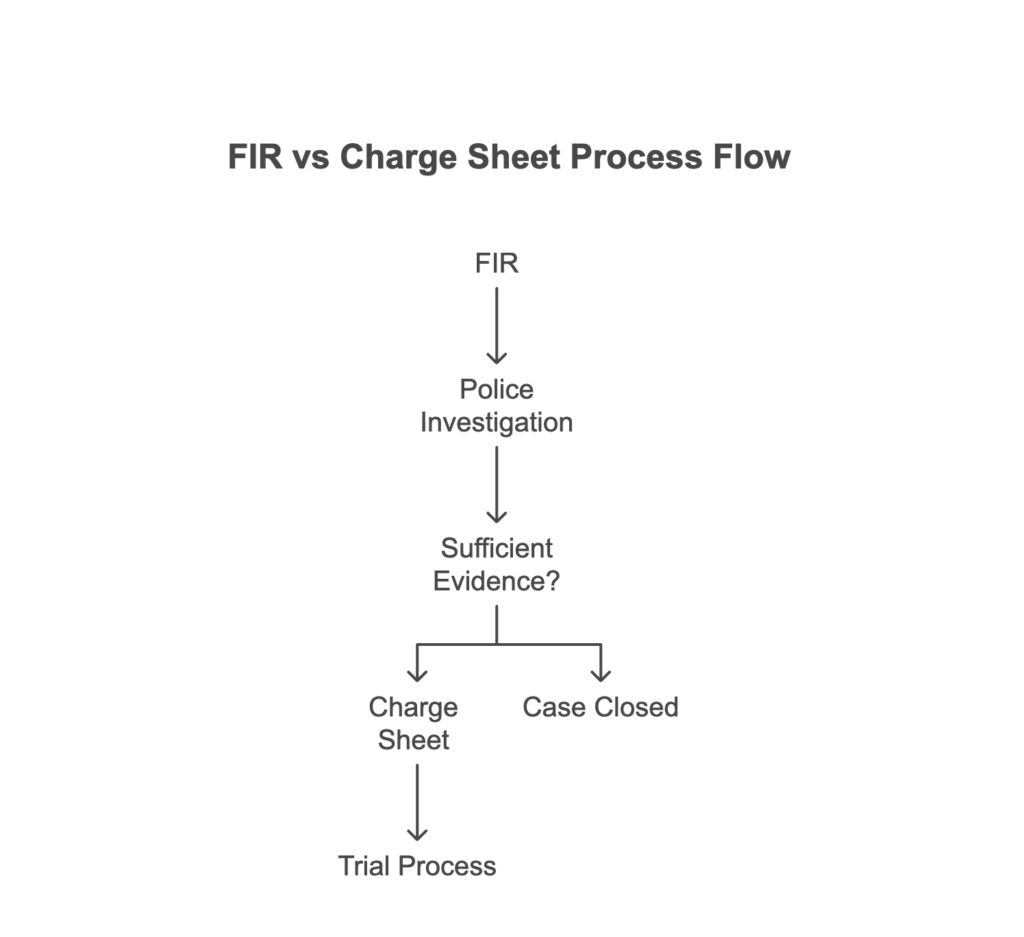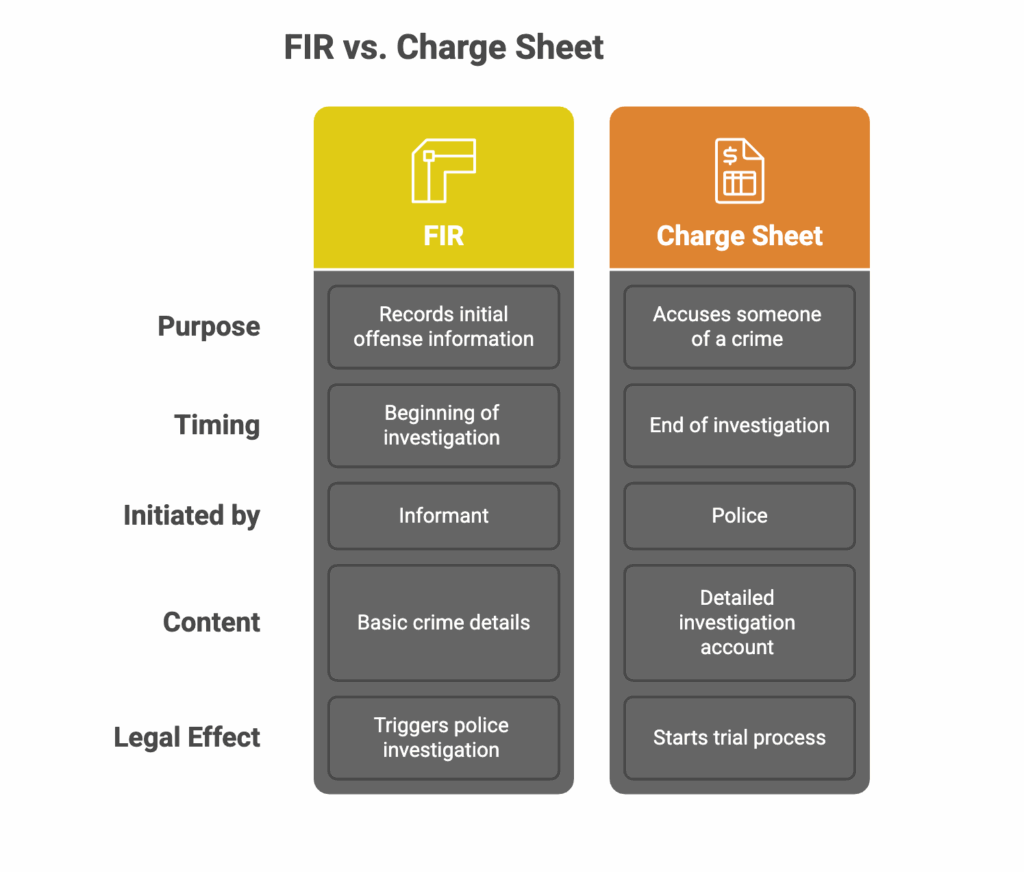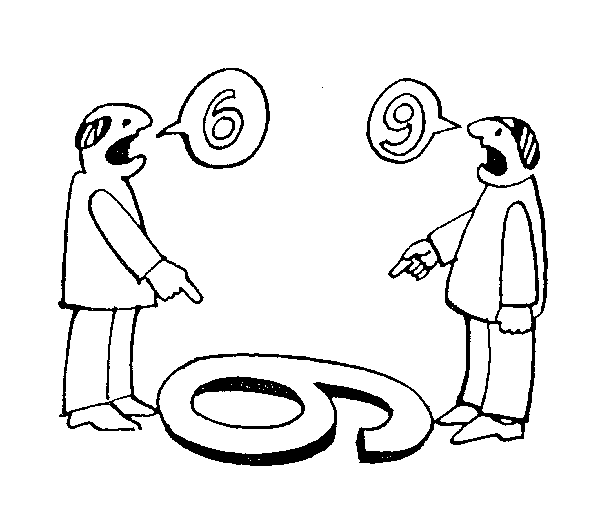Now Reading: Navigating FIRs and Charge Sheets: A Complete Guide to Police Investigation, Rights, & False Accusations
-
01
Navigating FIRs and Charge Sheets: A Complete Guide to Police Investigation, Rights, & False Accusations

Navigating FIRs and Charge Sheets: A Complete Guide to Police Investigation, Rights, & False Accusations
So, something’s happened, and now you’re dealing with the police. One of the first things you might hear about is an FIR, or First Information Report. Think of it as the starting gun in a potential criminal case. It’s a written document prepared by the police when they receive information about the commission of a cognizable offence. That’s a fancy way of saying a serious crime where the police can arrest you without a warrant – think theft, assault, or even something more severe.
The FIR essentially kickstarts the entire investigation process. Without an FIR, the police generally can’t legally start investigating a cognizable offence. It’s like the police officially saying, “Okay, we know something happened, let’s find out what.” The person who reports the crime is called the “informant,” and they have a right to a free copy of the FIR.
The Police Investigation Process: From FIR to Charge Sheet
Once an FIR is filed, the police investigation begins. This can involve a whole host of activities, depending on the nature of the alleged crime. They might visit the crime scene, interview witnesses (including you, if you’re involved), gather evidence, and even arrest suspects.
Think of it like a detective show, but hopefully without the dramatic music. The police are piecing together the puzzle.
After their investigation, the police need to decide what to do next. They have two main options:
- Close the case: If they believe there’s not enough evidence to support the allegations, they can submit a “closure report” to the court. The court then decides whether to accept the closure.
- File a charge sheet: If they believe there is enough evidence to suggest you committed the crime, they’ll file what’s called a “charge sheet” (also known as a police report or final report) in court. This document basically accuses you of the crime and summarises all the evidence the police have gathered against you. This is also referred to as filing a report under Section 173 of the Criminal Procedure Code (CrPC).
FIR vs Charge Sheet: The Key Differences
The FIR and the charge sheet are both police documents, but they serve entirely different purposes and happen at different stages. Here’s a simple breakdown:
FIR vs Charge Sheet Difference: A Detailed Comparison with Example
Let’s imagine a scenario: Someone reports to the police that their car was stolen.
FIR: The police will file an FIR based on the victim’s statement – details like the car’s make and model, the location of the theft, and the time it happened. This is the start.
Charge Sheet: The police investigate. They find CCTV footage of someone breaking into the car and driving away. They track the car, arrest the suspect, and find the stolen car in their garage. Based on this evidence (CCTV footage, witness statements, recovery of the stolen car), they prepare a charge sheet naming the suspect and detailing the evidence against them.
Difference in a Nutshell: The FIR is the information that prompts action, while the charge sheet is the result of that action (the investigation), presenting the evidence. Think of the FIR as the “problem report” and the charge sheet as the “solution proposal” (though the court ultimately decides on the solution).
Your Rights During Police Investigation & After FIR Filing
Whether you’re the informant or the accused, you have rights during a police investigation. It is not uncommon to see people struggling to get access to their own FIR copy, which the police are legally obligated to provide. Here are some key ones:
- Right to remain silent: You don’t have to answer questions that might incriminate you.
- Right to legal representation: You have the right to hire a lawyer, and the police should allow you to consult with one.
- Right to be informed of the grounds for arrest: If you’re arrested, the police must tell you why.
- Right to a fair investigation: The police must conduct the investigation impartially and without bias.
- Right to a copy of the FIR: As the informant, you’re entitled to a free copy. As the accused, you have the right to access the FIR.
After a charge sheet is filed, your rights increase. You have the right to:
- Receive a copy of the charge sheet and all related documents.
- Apply for bail.
- Defend yourself in court.
What Happens After the Charge Sheet is Filed?
The charge sheet marks the beginning of the trial phase. Here’s a simplified version of what usually happens:
- Cognisance: The court takes cognisance of the offence. This means the court acknowledges the charge sheet and decides whether there are sufficient grounds to proceed with the trial.
- Summons/Warrant: The court issues a summons to the accused, asking them to appear in court. If the accused doesn’t appear, the court might issue a warrant for their arrest.
- Bail Application: The accused can apply for bail. The court considers factors like the severity of the crime, the evidence against the accused, and the risk of the accused fleeing.
- Framing of Charges: If the court believes there’s enough evidence, it will formally frame charges against the accused. This is where the specific offences the accused is being charged with are read out.
- Trial: The trial begins. The prosecution presents its evidence, and the defence presents its case. Witnesses are examined and cross-examined.
- Judgment: The court delivers its judgment – either acquitting (finding not guilty) or convicting (finding guilty) the accused.
False Accusations and FIRs: Protection and Legal Recourse
Filing a false FIR is a serious offence under Indian law. Unfortunately, false FIRs do happen, often due to personal vendettas, property disputes, or political rivalries. The consequences for the accused can be devastating – reputational damage, emotional distress, and even arrest and detention. The National Crime Records Bureau (NCRB) data suggests a significant number of cases are registered on false complaints, putting pressure on judicial resources and leading to prolonged legal battles.
If you’ve been falsely accused, you have several options for legal recourse:
- Quashing of FIR: You can approach the High Court under Section 482 of the CrPC to request the FIR be quashed. This is usually done if the FIR lacks merit or is filed with malicious intent.
- Anticipatory Bail: If you fear arrest based on a false FIR, you can apply for anticipatory bail.
- Filing a Complaint: You can file a complaint against the person who filed the false FIR under Section 182 (false information, with intent to cause public servant to use his lawful power to the injury of another person) or Section 211 (false charge of offence made with intent to injure) of the Indian Penal Code (IPC).
It’s crucial to gather any evidence you have to prove your innocence and demonstrate that the FIR is false. This might include alibis, witness statements, or documentary evidence. Seeking legal advice immediately is paramount to protect your rights and initiate the appropriate legal action. You may also approach the police authorities and provide them with a written complaint stating the reasons for the falsity of the FIR, along with supporting documents.
Dealing with the police and the legal system can feel overwhelming. Understanding the difference between an FIR and a charge sheet is a good first step in protecting yourself and your rights. Remember to seek legal advice if you’re ever in this situation – a lawyer can guide you through the process and ensure your voice is heard.












